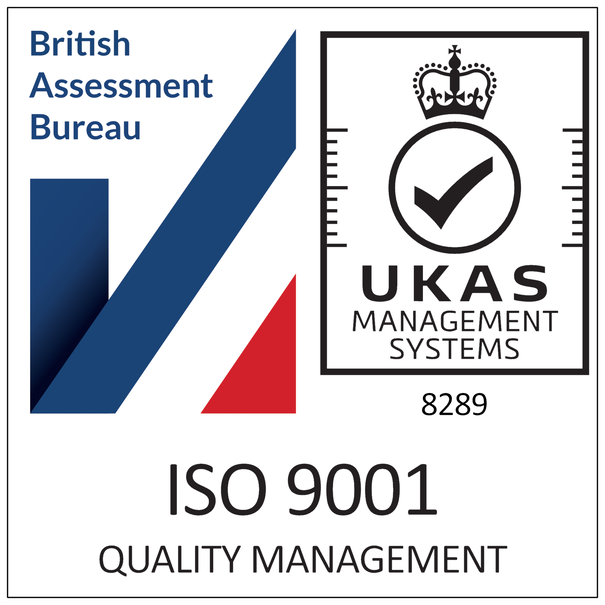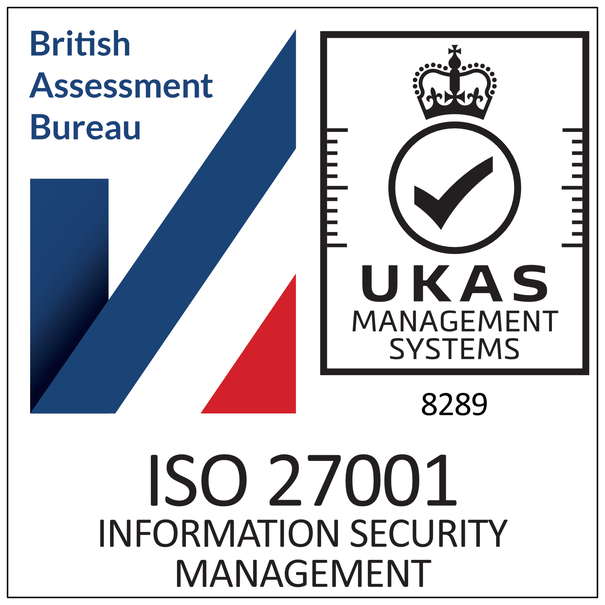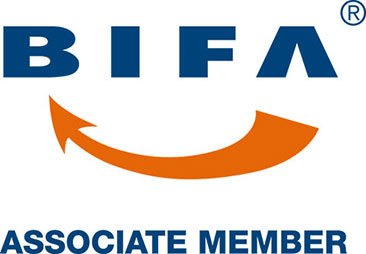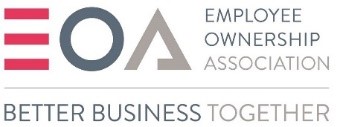
It is now over 12 months since the UK left the EU. And although the government wished for a clean break from Europe, it’s been anything but...
With Northern Ireland Protocol and English Channel fishing disputes still no closer to being resolved. With the government promising that the UK will go “further and faster” to maximise opportunities, we take a look at some of the changes that have come into effect from January 2022:
- You will no longer be able to delay making import customs declarations under the Staged Customs Controls rules applied during 2021. The majority of businesses will be required to make declarations and pay relevant tariffs at the point of import. However, this should not affect you if you have been making full import declarations and paying applicable import duty/tariffs.
- UK commodity codes used to classify imported and exported goods will be changing. Commodity codes are standardised up to 6-digits and reviewed by the World Customs Organisation every five years. You can find the latest details on this change at; https://www.gov.uk/guidance/uk-goods-classification-2022-tariff-stop-press-notice-23
- Ports and other border locations will be required to control goods moving between Great Britain and the EU. Unless your goods have a valid declaration and have received customs clearance, they will not be released into circulation, and in most cases, will not be allowed to leave the port.
- You are required to have supplier declarations at the time you export any goods. Throughout 2021, it has been permitted to export goods to the EU using tariff preference and get supplier declarations afterwards. From 1st Jan, all declarations are required before goods are exported.
- If you’re a VAT-registered importer, you can continue to use Postponed VAT Accounting (PVA) on all customs declarations that require you to account for import VAT, thus saving the cash flow cost of paying import VAT.
Tariff Preference
The UK’s deal with the EU, called the Trade and Cooperation Agreement (TCA), means that the goods you import, or export may benefit from a reduced rate of Customs Duty (tariff preference). To use this, you need proof that:
- The goods you import from the EU originate there
- The goods you export to the EU originate in the UK
Your goods will need to meet the product-specific ‘rules of origin’ set out in the TCA. This means that you can claim tariff preference if you have one of the following proofs of origin:
- A statement on origin is required. The exporter must make this out to confirm that the product originates in the UK (or the EU if exported from there)
- The importer’s knowledge - this option allows a UK or EU importer to claim tariff preference based on their knowledge of where the goods they’re importing originate from
If you export goods to the EU and provide the EU importer with a statement on origin, you may also need a supplier declaration. These are necessary to confirm the origin of the goods you’re exporting when the manufacture alone is not enough to meet the product-specific rules of origin.
For over forty years, Controlaccount has been working with freight, logistics, shipping and transportation companies delivering order to cash services. We have an innate understanding of the challenges faced by this sector relating to VAT/Duty, freight charging and customer transportation costs. Our range of services can help your firm increase efficiency and profitability. And because regulatory compliance is fundamental to our ethos, we can offer practical advice and solutions to help your business navigate the new rules and regulations to Brexit in 2022.
For more information, please drop an email to sales@controlaccount.com or call 01527 388 388.











